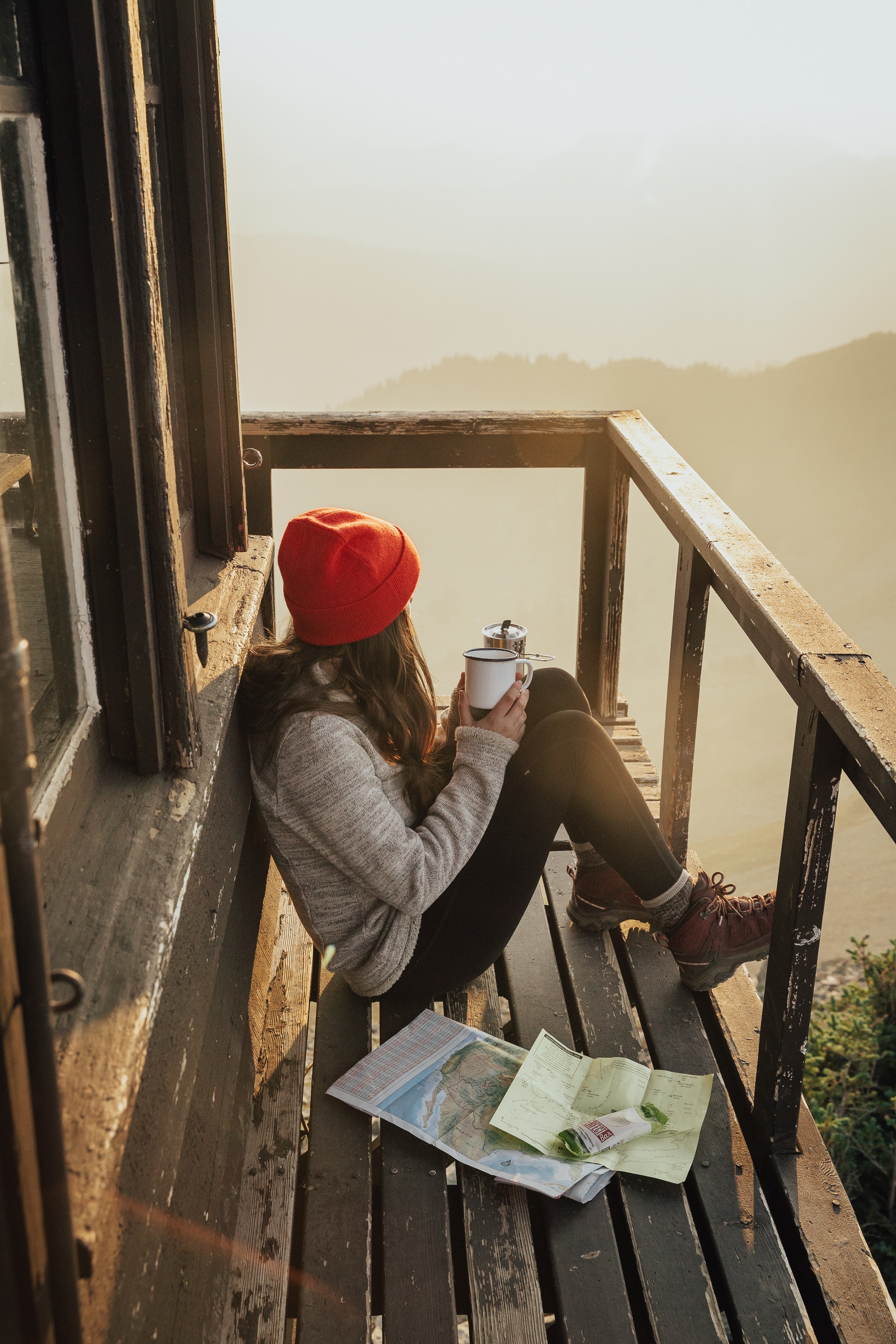Be Cautious, Not Fearful
 Before long we will be slowly navigating from our stay at home advisory that began in mid-March to a somewhat normal life. I say somewhat normal because it will never be quite the same. We’ve lost thousands of loved ones and strangers in a matter of weeks, we’ve witnessed heroics on the part of health care workers, first responders and the many quiet volunteers, young and old, who have lovingly donated time, money and talent to help those in need. And we’ve witnessed these seismic shifts in the isolation of our homes.
Before long we will be slowly navigating from our stay at home advisory that began in mid-March to a somewhat normal life. I say somewhat normal because it will never be quite the same. We’ve lost thousands of loved ones and strangers in a matter of weeks, we’ve witnessed heroics on the part of health care workers, first responders and the many quiet volunteers, young and old, who have lovingly donated time, money and talent to help those in need. And we’ve witnessed these seismic shifts in the isolation of our homes.
Stay at home restrictions will be lifted soon. What happens next may feel uneasy. How much and where will you go when you have more freedom? What factors will guide you in making these decisions? Giving some thought to this now will help you make decisions and take actions that are guided by caution, not fear. Your emotions and thought process in this regard can greatly influence your vulnerability to or resistance to illness going forward.
Consider the difference between caution and fear. Caution is being careful and aware. When you are out and about again, caution will remind you to wash your hands frequently and avoid touching your face. It will remind you to wear a face mask when recommended, and perhaps a bit more. It will remind you to get adequate rest and eat nutritious meals filled with the nutrients you need to stay healthy and energized. It will remind you to remain educated about new hotspots and the latest reliable information on the virus. It will also allow you to live your life consciously and not be overwhelmed by too much news or sensationalism.
 Fear is very different. Fear constricts the body, holding its muscles and tendons in a death grip. Fear clouds the mind, making it difficult to concentrate or think clearly. Fear activates the fight or flight mechanism and releases stress hormones cortisol and adrenaline. Fear compromises the immune system, an all-important factor in keeping you well. Fear interferes immensely with living your life, and it does not change the situation. It only paralyzes you and keeps you from enjoying and participating in life.
Fear is very different. Fear constricts the body, holding its muscles and tendons in a death grip. Fear clouds the mind, making it difficult to concentrate or think clearly. Fear activates the fight or flight mechanism and releases stress hormones cortisol and adrenaline. Fear compromises the immune system, an all-important factor in keeping you well. Fear interferes immensely with living your life, and it does not change the situation. It only paralyzes you and keeps you from enjoying and participating in life.
When restrictions open up, it will be two months that we have been separated from the general community. This is unprecedented, and re-integrating will be an adjustment for everyone. We’ll feel joy to be out and about again, but it will be different. There will be unknowns about the virus that we’ll need to adjust to. Doing so from a place of caution rather than fear will support you in making renewed social and professional connections positive experiences. You deserve to enjoy life free from fear while still being cautious. Use these remaining days of confinement to plan your return to a wider, still beautiful world.






